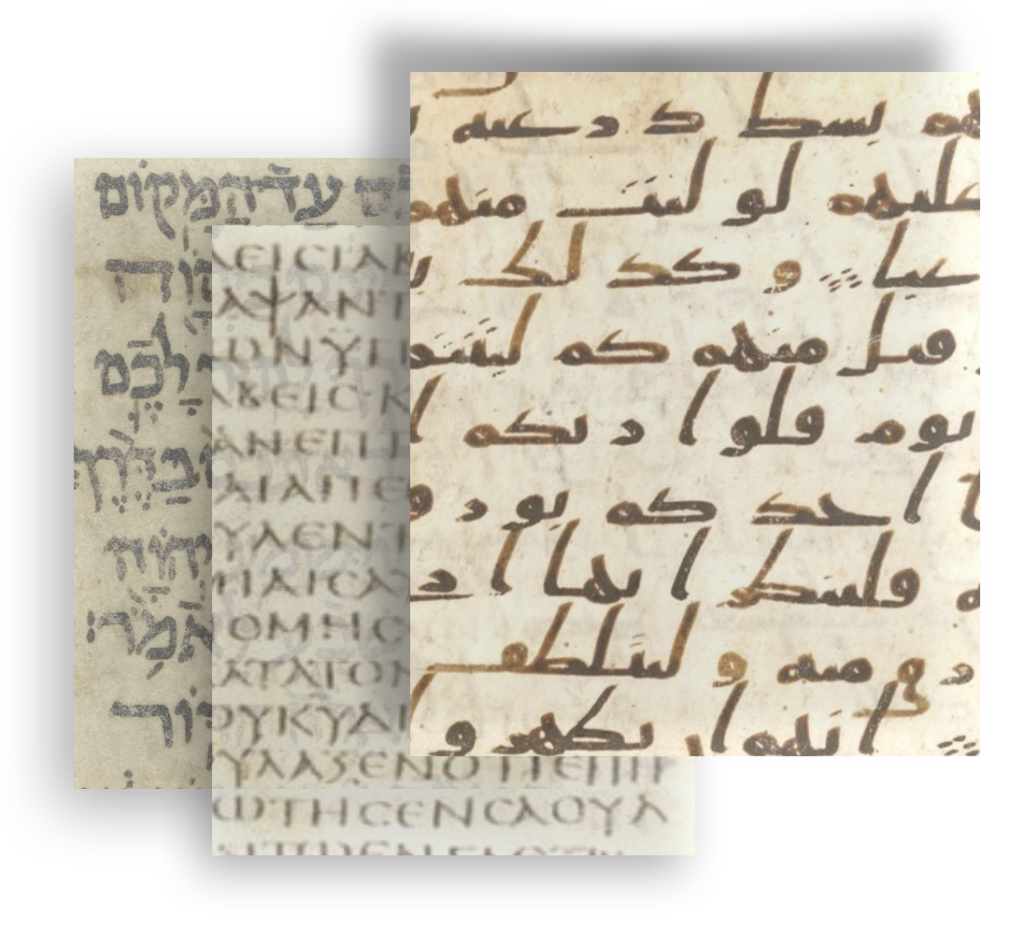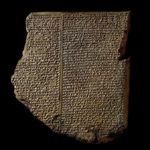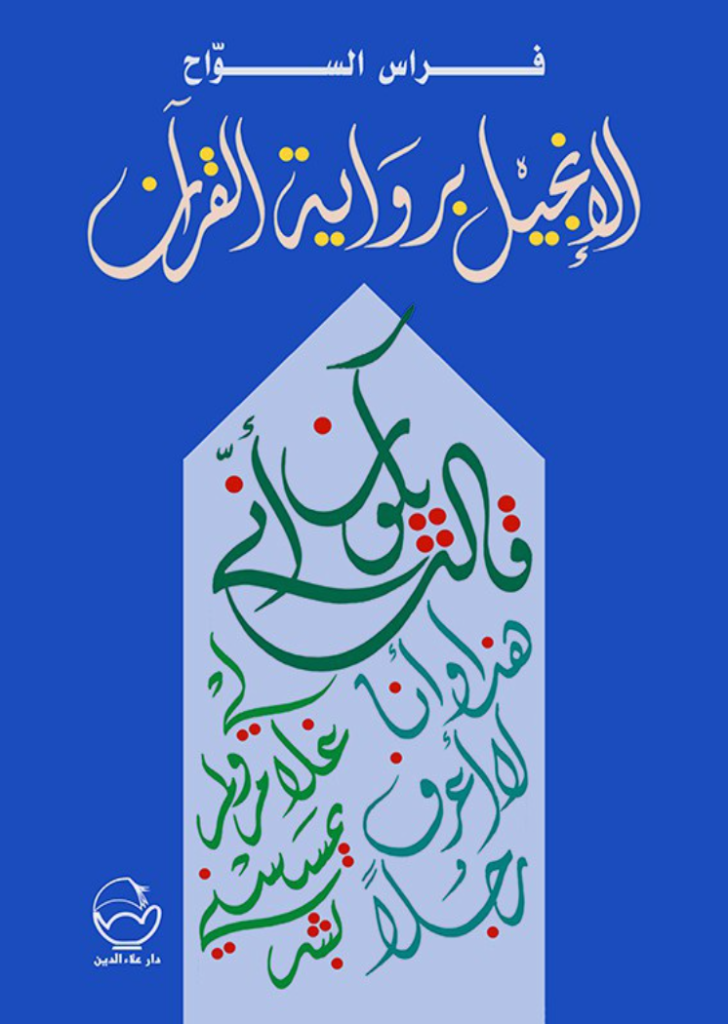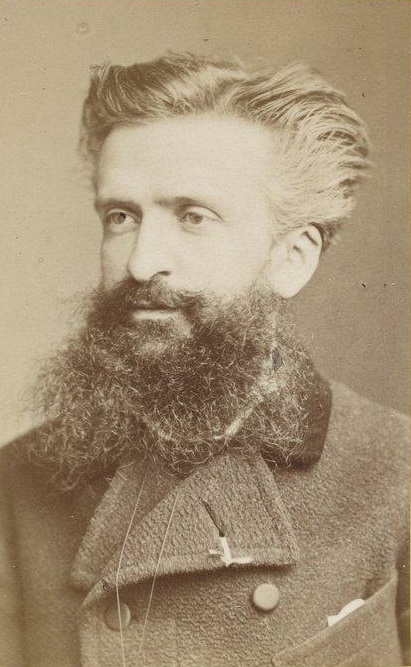
Knowledge – any knowledge – is something sacred in its nature, as is reason, intuition, and first impressions. The Qur’anic text actually promoted this, and the Muslim cleric deplored opposing it, as indeed did the Church. But this is a false claim, since it is the religious mentality that governs the Arab world at the level of law, education and everything else.
TO ILLUSTRATE THIS, let us take one example: Is the study of comparative religion allowed in our universities?
Religious phenomenology is an academic discipline concerned with the study of the anthropology of religion, its human history, and research on this is undertaken as a human science within the purlieu of human history and human experience. Feuerbach[1] distinguishes between the essence of religion – which can be found and understood through its anthropological study, and religious myth – something that does not represent the essence of religion.
What prevails at the moment is myth, the historical story and the ancient pagan mentality, which infiltrated the monotheistic religions. Thus, according to the science of religions: there is no real distinction between pagan religions and monotheistic religions. Dr. Khazal Al-Majidi, professor of Religious Sciences at Leiden University, believes that all religions are links of a chain connected with each other which sequentially pass on each link to the next, and that Islam does not deviate in any way from this historical sequence. Indeed, it may be the religion that more than any other has taken from those that preceded it.
What prevails at the moment is myth, the historical story and the ancient pagan mentality, which infiltrated the monotheistic religions
So where did the opposing idea come from – the one that prevails in popular religiosity and which equally condemns the educated class – that Islam is the only pure faith, and that all else has been distorted and ‘deceiving’, while Islam is the exception, with its own diplomatic bag that is to be immune from inspection?
This arrogant idea is the result of an obfuscation and ignorance that forbids the study of comparative religion as something ‘dangerous’ to the Arab mind, a mindset that is fond of the sacred and of sacralisation, with all of its derivatives and synonyms. It claims that such a study (with its analytical and dissecting approach and its higher criticism) will touch on things that are sacred.
Call it, if you wish, an ‘ignorance factory’ equivalent to the ecclesiastical obfuscation of the Bible during the Middle Ages, with its monopoly on interpretation reserved exclusively for the clergy, to prevent the faith being brough into disrepute.
Whoever reads the book The First Adventure of the Mind [2] by Firas Al-Sawah will see that Islam, like any other faith, conveys and repeats pagan myths unchanged, the seating of God upon a throne above the water, the story of creation from clay, the eating from the tree, the flood of Noah and Dhul-Qarnayn[3] and so on. All are pagan myths from the early childhood of the human mind.
And from the humble human consciousness of the man of the primitive Arabian desert, Islam transmits myths that suit his degree of understanding: myths, for instance, such as the theory of creation from clay. This was especially so since the Arab had no knowledge of civilization, philosophy, or any intellectual endeavour, such as practiced by the experimental Greeks or the spiritual Indians. His life was a simple and naïve one, in which the physical and the oral dominated. It is therefore only natural that Islam is the faith that reproduces more than any other faith the heritage of human experience in a simplified and easy-to-digest form, in a form so patent as to justify the title of Firas Al-Sawah’s work The Gospel in the Qur’an’s Narration.[4]
How is it, then, that truth can manifest itself in this open, blatant form, while secularist scholars have to dig down into the rock to convince people of the historicity of the religious text and the understanding that such a text lies within history and not above it, that the Revealed Text takes into account temporal reality and is not an absolute that takes no account of evolution?
What is the reason for the scholar’s bored dismissal of this and the shaykh’s self-satisfactory possession of the man in the street’s confidence in him and his distrust of secularism? How is it that the cartoonist can draw a picture of a mountain – on the one side a secular thinker strenuously climbs his way up, forced on the way to push a rock in front of him – while a shaykh with a beard can saunter down the other side with ease riding on a swift cart?
How many waves of graduates from faculties of Comparative Religious Sciences are there? None!
The secret of this disparity is education. How many religious universities are there in the Islamic world? And, on the other hand, how many of universities permit the study of religion – through the science of comparative religious phenomenology, as a human science and not as a set of myths and legends of the ancients? More precisely: How many human waves are pushed out by religious universities to preach to Muslim populations? Thousands of them, in every country.
How many other waves of graduates from faculties of Comparative Religious Sciences are there to address these peoples? Not a single one! All we have are the endeavours of individuals. This means that there are academics who speak in their own name and not in the name of the official state institutions. Examples are Dr. Nasr Hamed Abu Zayd, or Dr. Muhammad Arkoun – these are the cream of the crop, but there are many like them whose words are like pearls that the Muslim mind desperately craves. But what happens is that these lack the immunity and support that the state could give since they do not speak in the name of a subject taught in the sacred educational curricula (because anything official is sacred in the Arab mind). Instead they speak in their name, or in the name of Renaissance philosophers, or in the name of ‘the modern interpretation of the Qur’an’!

Suggested Reading
Yet all of this can be nullified by the religious institution, at the stroke of a pen, on the grounds of refusing to adhere to the Text or unacceptably reinterpreting it for not being authorised by a governmental institution, or for another good reason: the force of quantity and momentum! How many people stand up in criticism of superstition? You can count them on the fingers of one hand in the Arab world. On the other hand how many people speak up in support of sacralisation and superstitious thought? There is no limit to these – and we are not limiting ourselves here to clerics.
In this respect the intellectual will be unable to overcome this and overturn the rule of the Qur’anic text that says:
And if you obey most of those in the earth, they will lead you astray from Allah’s way; [5]
or
And most men will not believe though you desire it eagerly.[6]
This is because such texts are adduced to affirm the principle of possessing The Truth and not the principle of pluralism – since pluralism was not a feature of the era of universalist religions. Another reason is that the masses do not believe in reason, logic, or even what the Text itself says, but rather in emotion and they bend with the strongest, prevailing current. Sociologists have confirmed this and on this point Gustave Le Bon observes:
The Arab is therefore oppressed and is not, as rumour would have it, stupid. The sin is the sin of stagnation and fear of change… A science that criticizes the sacred and describes it as human? Lord preserve us![7]
This ignorance is one of the sins that afflict Arabs and Muslims. In my own opinion, and in the opinion of every sane person, it constitutes the biggest insult lodged in the forehead of this nation today.
Forget fighting over whether one should teach the theory of evolution, for all its importance and centrality; the most important thing now is to lay the groundwork for paving the way for accepting the concept of desacralising the religious text. After that we can set about accepting the theory of evolution. Open up faculties of Comparative Religious Sciences in religious and civil colleges alike, so the decision is sovereign for being issued by the Ministry of Religious Affairs or the Ministry of Higher Education, and so on. Since the aim is to enlighten people and bring them out of darkness into the light, no one will be able to object.
[1] Ludwig Andreas von Feuerbach (1804-1872) was a German anthropologist and philosopher who developed what he called the “true or anthropological essence of religion”, treating of God in his various aspects “as a being of the understanding”, “as a moral being or law”, “as love” and so on.
[2] Download this work (Arabic) here.
[3] For a work exploring Dhul Qarnayn and early Islam, see Tommaso Tesei, The prophecy of Ḏū-l-Qarnayn (Q 18:83-102) and the Origins of the Qurʾānic Corpus. It can be downloaded from the Almuslih Library here.
[4] For more works on this genre see the Almuslih Library here.
[5] Qur’an VI (al-An‘am) 116.
[6] Qur’an XII (Yusuf), 103.
[7] Charles-Marie Gustave Le Bon (1841-1931) was a leading French polymath whose areas of interest included anthropology, psychology and sociology, and is best known for his 1895 work Psychologie des Foules which is considered one of the seminal works of crowd psychology. He also wrote La Civilisation des Arabes, released in 1884 in which Le Bon praised Arabs highly for their contributions to civilisation, but criticised Islamism as an agent of stagnation. He argued for the interdependence of religious beliefs by stating that: “De la croyance fondamentale, des idées momentanées accessoires peuvent surgir, mais elles portent toujours l’empreinte de la croyance dont elles sont issues. La civilisation égyptienne, la civilisation européenne du moyen âge, la civilisation musulmane des Arabes dérivent d’un tout petit nombre de croyances religieuses qui ont imprimé leur marque sur les moindres éléments de ces civilisations, et permettent de les reconnaître aussitôt.” (Ed.)


